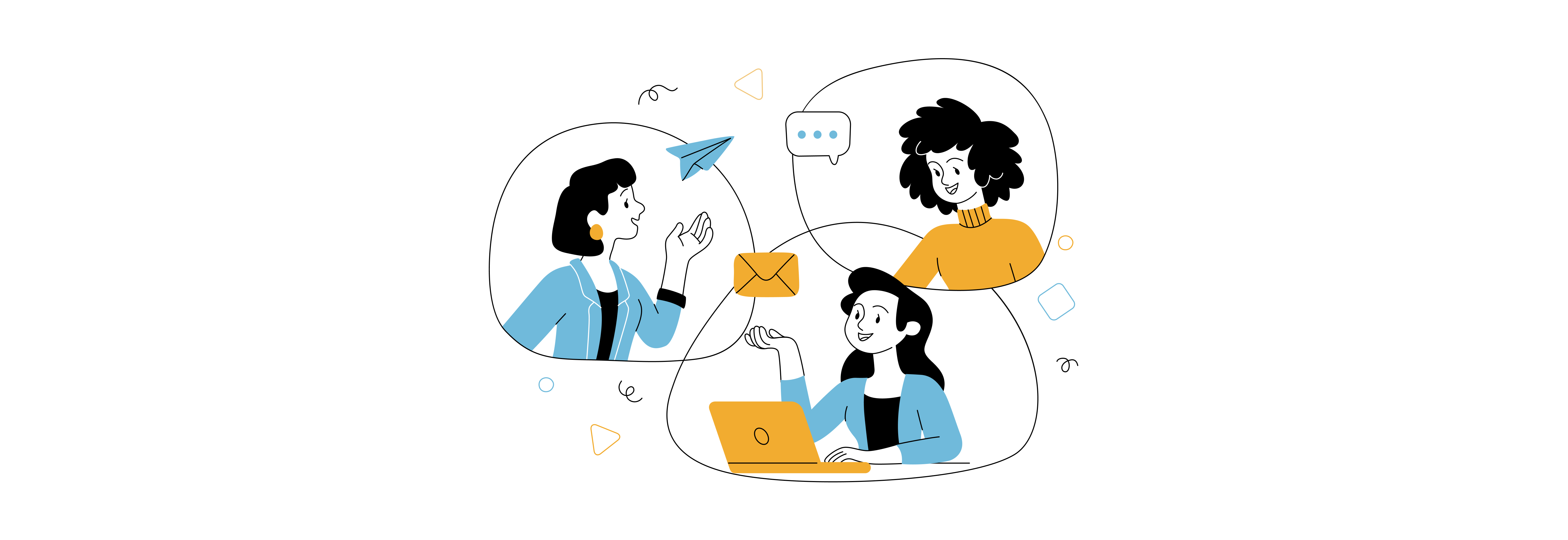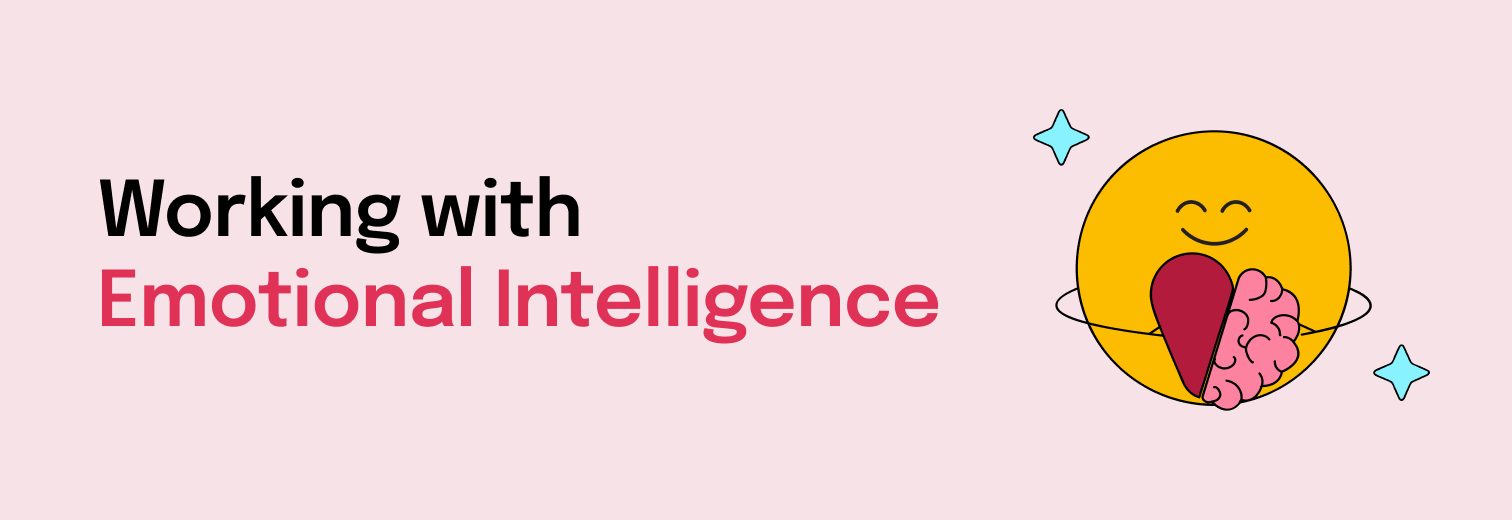Wellness is a much sought-after goal in a world struck by the Pandemic. Yet, it sometimes seems too daunting for us to achieve. It does not have to be that way. You can work your way to health and wellness through adopting micro-habits. These are habits that hardly take any effort from you on a day-to-day basis, and yet their cumulative effect can be very significant. Ready to explore?
Here are the 21 micro habits for you
Take your pick – start small, but start. When it comes to developing habits, consistency is the key.
1. Hydrate
Table of Contents
Pure water is the world’s first and foremost Medicine
– Slovakian Proverb
A human body is made of 60% water. However, the water content in different organs of your body is different. You would be surprised to know that even your bones have more than 30% water. Dehydration can manifest itself in the form of symptoms like muscle cramps, fatigue, headaches, and even bad breath.
All these numbers and facts should make it easy for you to ensure that you make sure to drink lots of water every day. But surprisingly, this (mostly) free and easily available wellness supplement is ignored by a shockingly large number of people. That is why we start off our routine of 21 micro habits to good health with something that you can do very easily.
Just drink a dozen large glasses of water every day, and yes, for the first 3 days till it becomes a habit, we suggest you keep a count. 3-4 litres per day is the magic count. Try to keep more of your water intake for the earlier part of the day, and don’t make up for lost time during dinner by guzzling a whole bottle before going to bed. That will prevent you having to get up in the middle of the night to relieve yourself. You are welcome!
2. Sleep

A good laugh and a long sleep are the best cures in the doctor’s book – Irish proverb
Our next recommendation – sleep – is also as easy as, well, drinking water. Wait, scratch that. Although sleep is supposed to be something that should come naturally to us humans, you will be amazed to know the large percentage of people whose ill health stems from sleep disorders. Lack of sleep can not only lead to Alzheimer’s disease or dementia later, but it also presents clear and present danger of heart disease, diabetes, or depression. And just to rub it in, even lowered sex drive. This scare you enough? Take our word for it – sleep, or lack of it, is a major determinant of how healthy you are, mentally and physically. Getting adequate sleep can happen only if you get off work, have your dinner, go to bed, and drift off to sleep by a certain time every day.
How about setting off your micro habit forming endeavour by logging off work by 7 pm every evening, finishing dinner by 9 pm, and getting into bed no later than 10 pm every night? These times are not as important as the importance of repeating these at the same time every day. So whether your ‘lights out’ is at 10 pm or at midnight, ensure you are able to repeat it every evening, come what may. The mind is a creature of habit, so give it a shot, and you will begin to sleep better.
3. Be Grateful
Your life, no matter how bad you think it is, is someone else’s fairy-tale – Wale Ayeni, Entrepreneur and Investor
One of the keys to mental (and therefore, physical) wellness is to be cognizant of what you have that several others don’t, and to be thankful for it. A colleague’s daughter used to do this well when she was in school. On the day of results, she would smartly steer the conversation with her parents towards how many people she had got better marks than, instead of letting them ponder too long about how many had scored better than her!
If a young child can do it, why can’t you? Ignore what you don’t have, or at least don’t let those thoughts of what you don’t have linger for too long. Instead, whenever such thoughts crowd your head, force yourself to make a mental list of all the things you are grateful for. However hopeless the situation is, you will be able to find several such things to be thankful for, if you think sincerely enough.
To form this micro habit, start a gratitude journal. Every night, before going to bed, recount something that happened that day which you are grateful for. If you keep at it every night for a week, you will find it is not as difficult as you thought. And do remember, you can be grateful for the smallest of things in life.
4. Volunteer

Volunteers are paid in 6 figures…S-M-I-L-E-S. – Gayla Lemaire, Author
Taking care of parents, spouse, or children were always part of our KRAs for life on this earth. So by doing this, you are not really going above and beyond what you are expected to do. The real challenge and satisfaction is to be able to do something for which you are neither paid nor is it a societal expectation from you. We spoke earlier about how having gratitude is a key to wellness. Volunteering for some activity for which you are not directly paid is one of the best ways of repaying the gratitude you feel. The glow of happiness you feel inside when you give something that the receiver cannot repay, and where you do not expect repayment of any kind, is one of the greatest joys. That would make you happy, and therefore healthy.
Most corporates provide opportunities to their employees to volunteer for some activity as part of their larger CSR drives. If that is not true for you, you can do a quick search on the internet and find something around you. Once you begin, you will see that you are somehow able to make time from your packed days, so don’t let the thought of lack of time stop you from making a start. Those who can, do. Those who can do more, volunteer.
5. Smile
Everyone smiles in the same language – George Carlin, actor and comedian
Imagine how nice it feels when a co-worker or even a stranger smiles at you. When you try to do the same thing to others, you will notice that a smile doesn’t cost a dime and it isn’t physically demanding. Most important, the good vibes you send outward when you smile at someone also travels inward at the same speed and makes you feel nice and warm inside. You can attribute that to the release of the euphoria inducing chemical messengers in your body called endorphins. They are the same happy chemicals that also come into play when you sip wine, eat dark chocolate, or have sex. But a smile is more readily available, isn’t it?
A sincere smile melts invisible walls between people and is a great way to break the ice with someone you are meeting for the first time. But the benefits to the smiler are far greater than to the smilee, if you know what we mean. Research has pointed to potential biological pathways induced by smiling regularly, which directly bolster immune functioning and buffer the impact of stress. A child smiles 400 times a day, a happy adult 40 times a day, and an average adult just 20 times. Why be average? This is one micro habit that is very easy to form and gives immediate results. Start by smiling genuinely at a minimum of five people every day and make it a habit gradually.
6. Be Mindful
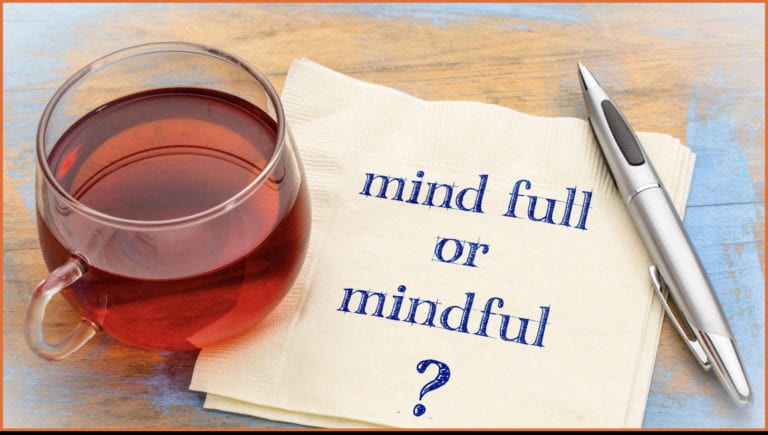
The ability to observe without evaluating is the highest form of intelligence – J. Krishnamurti, philosopher
The definition of mindfulness given above talks of observing, but that need not be limited to the external world. The Cambridge dictionary defines mindfulness as “the practice of being aware of your body, mind, and feelings in the present moment, thought to create a feeling of calm.” It can be practiced in every waking moment. That is why mindfulness is a micro habit you can grow into very easily. One example for instance is observing yourself breathe and noticing the recurring changes in your abdominal area. When you eat, focus on each morsel, its flavour, texture, and taste. The idea is to observe and experience without distraction, and without the need to react or evaluate.
So what is in it for you if you practice mindfulness? The first immediate benefit is that if you are mindful, it crowds out negative thoughts from your brain, because you are, say, focussing on your heartbeat or the weight of the backpack on your shoulder when you are walking. Additionally, you will sleep well, handle stress better, and will display enhanced attention.
7. Family Time
In time of test, family is the best
– Burmese proverb
The pandemic has ensured that in the last year, people spent most of their days closeted with family. Family dinners, recounting of insider family jokes, watching movies together, which had become a once-in-a-while (if at all) ritual, became a daily affair. It is now up to you to make this a permanent change rather than a pandemic induced temporary one.
Big achievers say that no one keeps them grounded and humble better than their families. There is a deep truth hidden in that. Whichever stage of your career or your life you are in, you will find no better anchor than your family during times good or bad. That is why more family time will reinforce positive thoughts, which will positively impact your health.
To build a good micro habit, you can start off by ensuring that all members of your family have at least one meal together everyday. It could be either dinner or breakfast, depending on the schedules of the members in your family. And if they are distant, do make it a practice to reach out and connect regularly. The human soul grows with the nourishment of unconditional love that often only the family gives.
8. Me Time

Almost everything, including you, will work again if you unplug it for a few minutes
– Anne Lamott
What would you do on a typical day if money was no object and you did not have any responsibility towards anyone? No employer, no parents, no spouse, children, friends, neighbours, no one. That was a tough question, was it? Bogged down by responsibilities and obligations, we rarely if ever, take out time for ourselves. How about doing that for a change?
Yes, you can.
You just have to slot some precious ‘me time’ for yourself every week, or even better, every day. Those minutes or hours should be spent doing exactly what you like, with zero obligation to make anyone else happy. An important caveat: You need to do it without feeling an iota of guilt. An even better way to make this time count is actually not do anything at all, and just be by yourself quietly. We like to call it the ‘shut up and enjoy the silence’ time. This gives you pause to think about where you have come, and where you want to go. Give this space to yourself within the humdrum of daily life, and you will see your stress levels coming down, and the happy-happy chemicals sloshing around inside you.
9. Eat Right
Every time you eat or drink, you are either feeding disease or fighting it – Heather Morgan, actress and comedian
Here is a much-known secret: We are what we eat. Our physical and mental well-being is directly linked to what we eat and drink. Our bodies replace billions of cells every day using the foods we consume as the source. Researchers at the University of Oxford have demonstrated that the diets of organisms can even affect the composition of their genes. A well-balanced diet not only results in better health and overall body composition, but because of the “brain-gut connection” — can also make us feel great. Eating well is part of the strategy that can reduce our risk of any chronic disease and even improve the condition of our very genes.
We suggest only three simple things to make a micro habit of, for starters, and after a few months of doing these you will notice the difference. First, reduce the gap between two meals to no more than 2 hours, which will ensure you do not overeat at any one meal. Each such ‘meal’ need not be a full fare one, and you can even count a snack break as one. But remember, no more than 2 hours gap. The second recommendation is to have at least one fruit every day. And the final recommendation is cut down on your sugar consumption. Easy?
10. Be Kind

Practice random kindness and senseless acts of beauty
– Anne Herbert
You can very easily find out how a person is by noticing how that person treats those who are not as privileged, or at a lower station in life. One easy example is people’s behaviour when they are at a restaurant, alone or with family. The way waiters get treated tells you a lot about the person. There are people who will always thank a waiter, a doorkeeper, or a liftman, which is a sign of their upbringing and respect for a fellow human. It is second nature to them, and they don’t have to think before they thank someone.
But in case being kind does not come naturally to you, don’t fret. You can easily condition your mind to make it a micro habit. When you say a kind word or do a kind deed for someone, that person invariably feels good, and it is likely that the person will pay it forward, by being kind to someone else. That will slowly make the world a happier place. The happy feeling you get inside when you do that can be attributed to the secretion of oxytocin, commonly called the ‘love hormone’. Start with small acts of kindness, but like Boy Scouts, trying doing at least one act of kindness every day. It need not be a big thing every day, any kind word or gesture will do. ‘Everyday’ is the key word here.
11. Exercise
The most underutilized antidepressant is exercise
– Ruth Buzzi, actress
We live in an age when the most strenuous workout is usually reserved for our thumbs, as we scroll or type on our smartphones. For many (or maybe most) of us, the job role also leads itself to a mostly sedentary lifestyle. But the incredible machine called the human body is not designed to last longer by limited use. In fact, the reality is just the opposite. The more you use your body, the better shape it stays in, and the longer you can expect it to last. Your body is a well designed supermachine, a Ferrari, not a vintage car to be handled with kid gloves. Built for use, not disuse.
It is not enough to eat well and sleep adequately. Your body needs to be used daily, in the form of some exercise or the other. A simple thumb rule to use is to spend just half an hour on exercise in such a way that you begin to sweat. So leisurely strolls won’t cut it. Half an hour every day is enough, but if that too is not possible, then there are other options. Free hand stretching exercises every 2 to 3 hours during a working day is a good place to start off at. You could even consider a few Yoga exercises before starting the day. The good that you do for your body will manifest itself inside too, making you more attentive and responsive, and less stressed.
12. Play a Sport
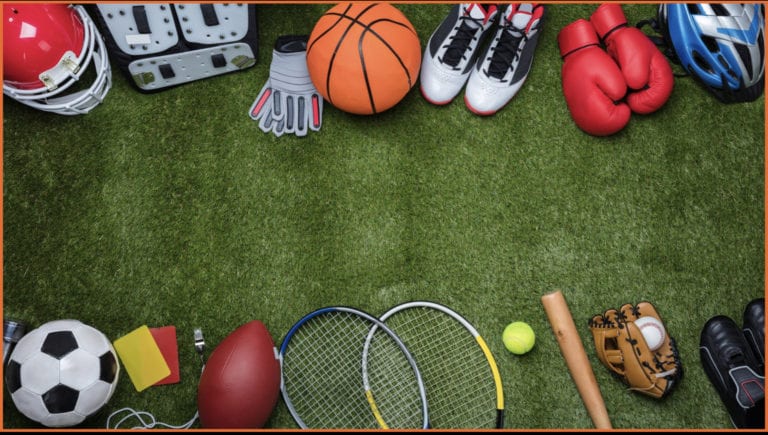
Sports do not build character. They reveal it
– Heywood Broun,
The advantages of playing a team sport (football, rugby, lawn tennis, badminton, to name a few) go beyond the obvious one of physical activity. Any sport you play also has very valuable life lessons, not the least of which is to learn to lose gracefully. A sportswoman would compete fiercely on the field but shake hands with her opponent after the game even if she loses and begin practicing for the next match/tournament the very next morning. Which is exactly what you should train yourself to keep doing when life throws those curveballs at you. The physical wellbeing you get by playing a sport is a bonus, but an important one.
You should not think that we are only recommending physical outdoorsy sports. Even if you make a habit of playing carrom or chess or bridge regularly, you develop your concentration and exercise your mind.
In case your sports partners are from your workplace, you get an opportunity to develop strong bonds outside work with them. If you prefer to play with your family or your children, the time gets added on to your ‘family time’. If you go to a club and play with unknown people, you get to make new friends. Whichever way you do it, it’s a win-win situation for you.
Restart playing an old sport you enjoyed earlier or pick up a new one which you like.
13. Breathe
How do you tell if something’s alive? You check for breathing
– Markus Zusak
There was the educated slouch who replied, “I convert oxygen to carbon dioxide”, when asked what do you achieve by just sitting or sleeping all day. Although this is supposed to be a joke, he was actually doing something very important. Have you noticed how it helps to take a few deep deep breaths before you are about to speak in public? Or before you enter a room for an interview? Primary school biology will tell you the reason. The lowermost parts of your lungs get oxygenated air, which is not the case when you practice the usual shallow or stifled breathing.
You would also have noticed that there is an almost involuntary holding of your breath in certain situations – when you are fearful, or want to cry, or are lying about something, or when you want to say something you don’t want the world to hear. Don’t hold your breath. Instead, we recommend deep breathing for you as often as you can. This is called diaphragmatic breathing or belly breathing, where you will see and feel your belly distend and extend while breathing, as opposed to shallow breathing, in which you will see your chest rise and fall.
Nothing could be easier than belly breathing. Even if you can’t focus on doing it at all waking hours, you could surely put aside 5 minutes for sustained deep breathing a few times a day.
14. Read

Think before you speak. Read before you think
– Fran Lebowitz
Can reading help in wellness? It most definitely does. The habit has been shown to reduce stress, boost brain functioning and even improve empathy.
The most common excuse that people give for not reading anything outside newspapers, emails, or annual reports, is that they don’t have time. What they forget is that it is not necessary to read for hours every day. You can save that delightful experience for your weekends or when you are on a vacation.
The interesting thing about books is that fiction allows you to get away from the stark reality around you, while non – fiction gives you insights about the past, present, and future of the real world around you. A handy thing to remember here is the rule of 50. The idea is to read 50 pages and then decide if the book – in the words of Marie Kondo – “sparks joy”. If it doesn’t, give it up.
Reading broadens your worldview in a way nothing else can. Reading makes you think, keeping your mental faculties sharp. The fact that it also makes you look and sound smarter is a welcome bonus.
15. Adopt
Until one has loved an animal, a part of one’s soul remains unawakened
– Anatole France, poet and novelist
There are many health benefits of owning a pet. They can increase opportunities to exercise, get outside, and socialize. Regular walking or playing with pets can decrease blood pressure, cholesterol levels, and triglyceride levels. Pets can help manage loneliness and depression by giving us companionship. Keeping a pet brings the family together in a way nothing else can.
Since pets can’t speak, you will find that you will develop a sense of empathy and try to understand what the pet wants. Finally, the feeling that one life is completely dependent on you for shelter and food will stoke the parental sentiments within you. In fact, most pet parents say that except schooling, almost all the responsibilities they carry are similar to bringing up a child.
There are two caveats to this, though. First, do not look upon a pet as a temporary dalliance. Keeping a pet is a lifelong commitment, so go for a pet only if you are sure that you will not grow tired of it and cast your pet out after a few months. Second, unless you want to keep an exotic animal as a pet, see if you can adopt a stray instead of buying one. There are scores of erstwhile pets thrown out by owners, and you can give them a loving home again.
16. Detox
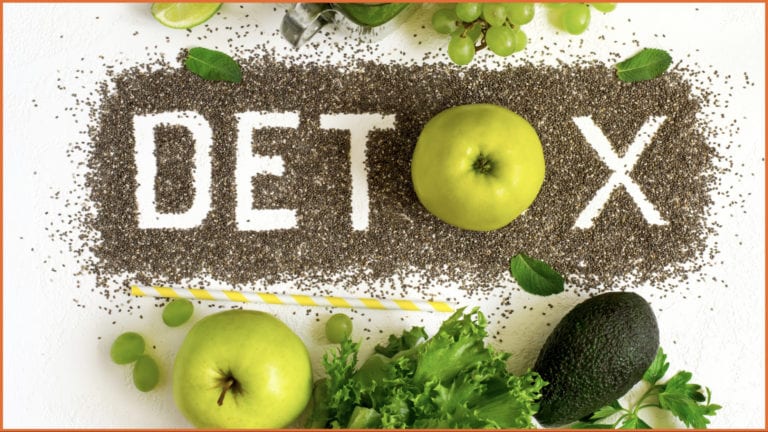
Detox your mind, body, and contact list
– Anonymous
The Cambridge English dictionary defines detox as “a period when you stop taking unhealthy or harmful foods, drinks, or drugs into your body for a period of time, in order to improve your health”. As far as food and drink go, we feel there are two aspects to developing a detox micro habit. First, you give yourself some days of the week when you do not take anything that is unhealthy for you, and this list could include oily snacks, red meat, alcohol and similar things. Additionally, we feel that an important aspect of such detox periods or days is to also take in healthy foods and drinks which you normally don’t. That will speed up the repair process that you gift your body by undertaking a detox, and the benefits will also multiply if you do both.
We would, in fact, advise you not to limit your detox to your body. Consciously shut out negative, sad, angry, or spiteful thoughts from your mind. Social media, despite its visible advantages, often acts as bile for your brain and heart. So include a social media detox every once in a while in your routine, so you can come back recharged and refreshed. Instead of doing it once a week or once a month, you might also want to consider the option of limiting yourself to a fixed time every day for scrolling through your social media feeds.
17. Invest
Investing in friendship and love always brings great returns – Edie Melson, author and blogger
Most people reading the title of this micro habit would think of bonds or stock markets. The micro habit we recommend, though, goes beyond the world of finance. We suggest investing time and effort in your relationships.
In this age of social media, it is very easy to get into a false sense of complacency (about the number of friends you have) by the number of friends, contacts, followers etc. you have on different social media platforms. The micro habit we recommend is to ensure deep and meaningful relationships with at least a dozen people who are not your immediate relatives.
Some people are lucky to have what is referred to as a ‘2 am friend’, one you can call up in the middle of the night if you need any help. You can too, but for that you need to become a 2 am friend for someone first. That is what we mean by investing in a relationship. To invest, you need to make the first move. And chatting or Whatsapp or sending a Facebook Message doesn’t count. Call up your friends, go and meet them if possible. Make a micro habit of calling up or meeting at least one friend every week.
18. Let Go
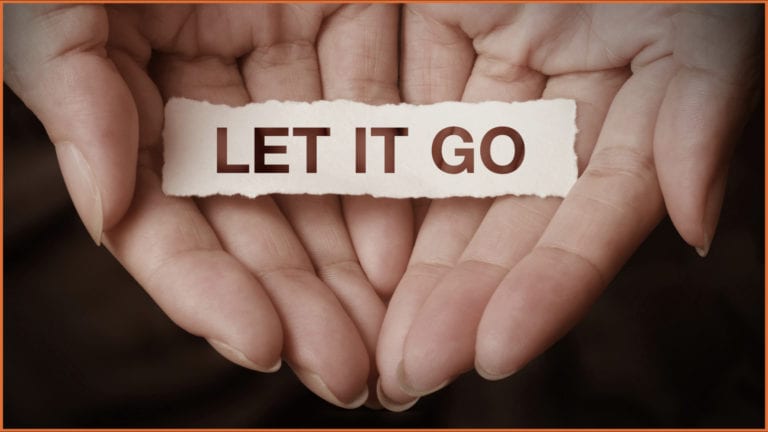
Life moves on, and so should we
– Spencer Johnson
All that this micro habit wants you to do is to accept that life is a series of changes, not all of which will be what you had wanted, or planned for. In other words: shit happens. This realisation will stop you from fretting about what could have been. You can’t do anything about what has happened in the past, except taking lessons and trying to make appropriate changes to your present and past actions. If you are one of those that find it very difficult to let go, you can start small. You will quickly realise how liberating it can be.
For example, that hot investment tip you didn’t take – and which materialised. That relationship that you didn’t do justice to – and which you regret to this day. That bout of momentary anger that spoilt a great friendship, years ago. That sorry that you did not say. That vacation that you did not take. Well, you get the gist. Seen in one way, life can be a series of “could-have-been.” Most people carry too much of a load of their yesterday’s. Ask yourself: What can you let go?
As soon as you let go of that guilt, your stress levels will dip drastically, and you will feel better. Make it a micro habit to let go of some load from your mind every day, or at least every week. Think of it as spring cleaning of your mind – done weekly.
19. Learn
The beautiful thing about learning is that nobody can take it away from you
– B.B. King
It is very easy, and common, to get caught up in the daily grind of a job or a business. The effort in keeping your business going or holding your job seems so great that even thinking about doing something else seems difficult. People working jobs are sometimes forced to undertake some ‘training’ recommended by their HR or their manager, but that is usually related to job related functional skills or soft skills. Have you considered learning something new that has nothing to do with what you do for a living?
How about learning a new language or learning to play a musical instrument? Isn’t that thought very liberating? Research shows that learning a new skill greatly improves your brain functions. In other words, it provides a good workout for your mental faculties. Additionally, it makes you feel good about yourself and injects a generous dose of self confidence. You might get to meet new people who are learning the same skill, and most important, you will have a lot of fun.
The underlying thought behind choosing these micro habits is to make them easy to start and to continue. So when you are thinking about what new skill to learn, choose one which you have always wanted to do. That way it won’t seem like a chore, and you will look forward to it.
20. Declutter
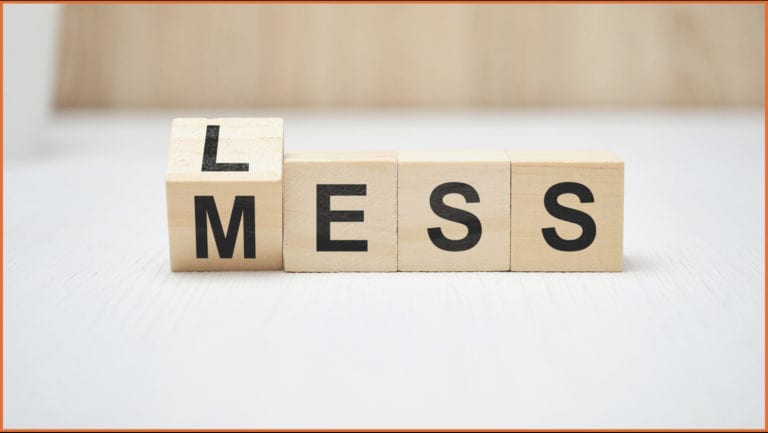
The question of what you want to own is actually the question of how you want to live your life
– Marie Kondo
Those who have worked on a shop floor will be familiar with 5S, a Japanese method designed to improve workplace efficiency. The first of those 5 Ss is Seiri, which loosely translates to ‘sort’, and refers to tidying up the workplace by removing things that do not belong there. Japan continues to teach us a thing or two about efficiency, and one of their more recent contributions is the KonMari method of tidying up workplaces or homes by decluttering.
So how can you declutter your office or workplace or home? You have to be merciless in deciding what to throw away, and do it before you can think too much. A simple thumb rule to start off with is to throw away or give away anything that you haven’t used in the last three years. Those clothes you last wore at a cousin’s wedding many years back, the pile of mobile or laptop chargers or even gadgets which you no longer use but have stacked away with a ‘what if’, can all be perfect items to give away. As you continue doing that, you can keep reducing the period from three years to a year, or even less.
The immediate benefit is a house that suddenly looks more spacious than before. But the physical space will gradually have a calming and soothing effect mentally as well.
Taking ourselves too seriously is about the amount of control we try to take over things that are uncontrollable in our life. Conversely, when we loosen up on ourselves, we open up space for play, for exploration, and for change. Only then can we actively seek the humour or levity in situations that are beyond our control.
21. Stop Taking Yourself So Seriously
You have to learn not to be dismayed at making mistakes
– Lawrence Lovasik
The problem with taking ourselves too seriously is that we choose to look good over learning new things. Fear makes our lives boring and repetitive. It’s like walking through a crowd and worrying that people won’t like you or might laugh at you. When we take ourselves seriously, we take others seriously, too—that’s why their opinions can hurt us.
How do we break this? The Guru Sri Sri Ravishankar shows us the way. Whatever happens in life – good or bad – always ask yourself, “So What?” Stop worrying about your reputation. Surround yourself with funny people. Smile. Especially when you feel nervous or upset. Find the humor in something serious. Getting used to laughing at yourself will make you immune to your audience’s laughter.
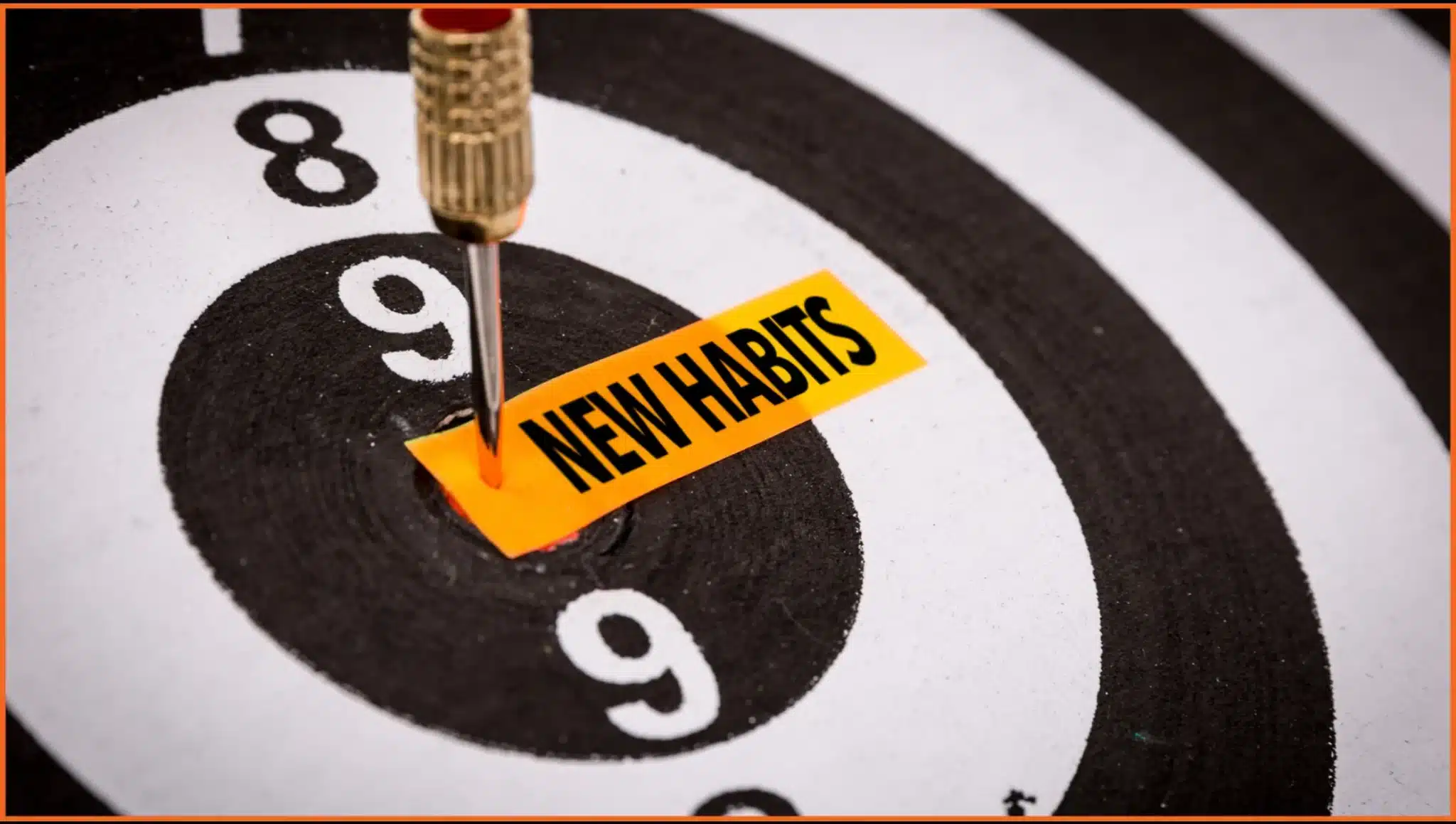
So here we are – 21 micro habits to wellness. We bet you didn’t expect many of them on the list. But that’s how easy they can be. Which ones do you think you can start off with today?







